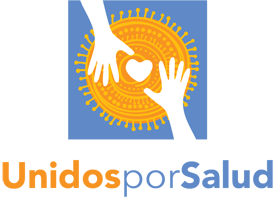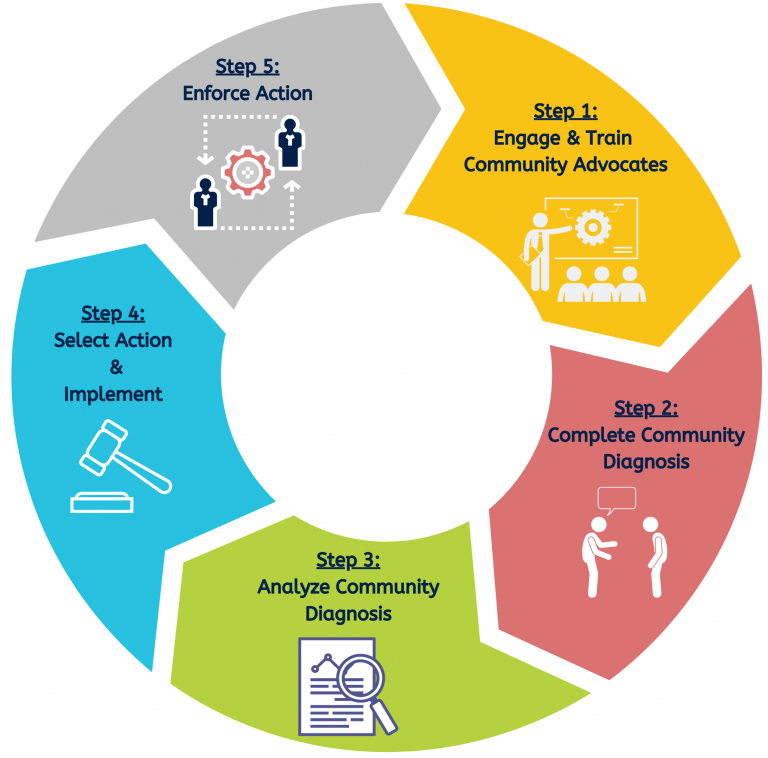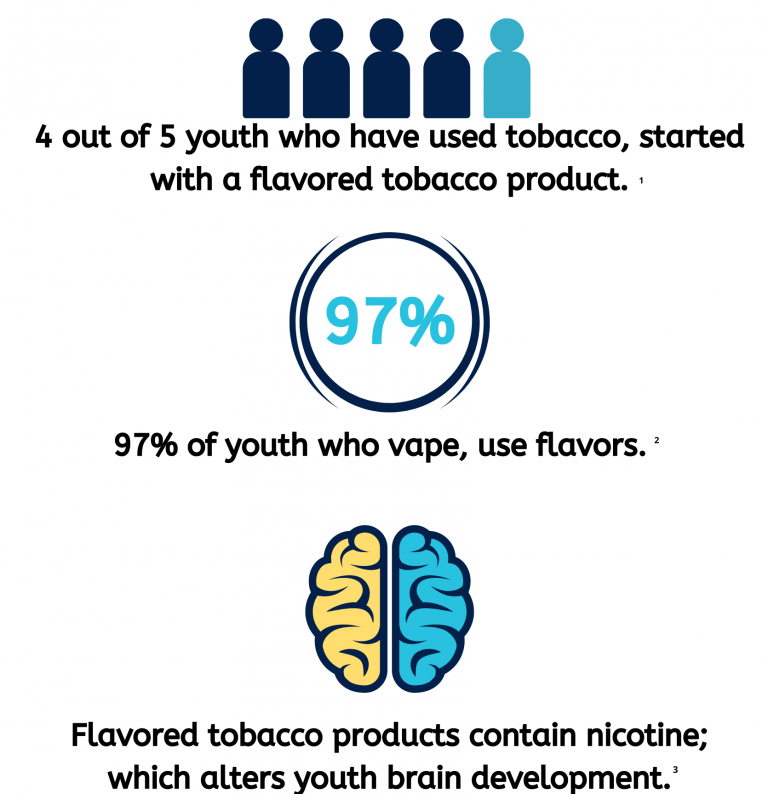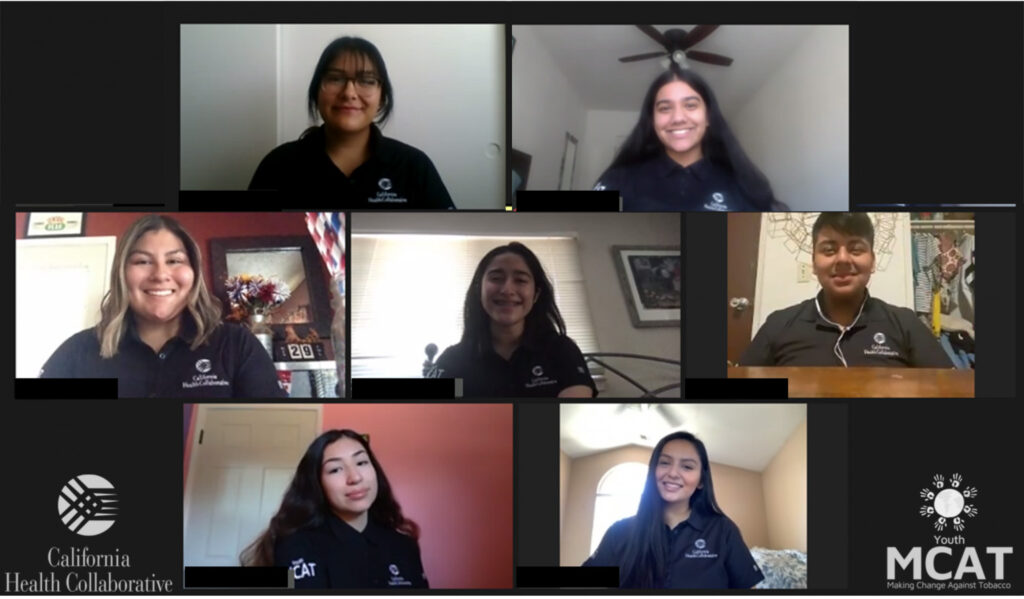Smoke Free High Country
Who We Are
The goal of the Smoke Free High Country Project is to promote a tobacco and nicotine-free lifestyle for the residents of Siskiyou, Lassen, and Plumas Counties. Our program is currently focused on 1) the ridiculously low prices of tobacco products that keep low-income and youth addicted; 2) protecting our community from 2nd and 3rd hand smoke as well as promoting cessation for all tobacco users, especially our most vulnerable community members; and 3) protecting young adults from a lifetime of addiction by creating smoke-free community college campuses.
Recently our project helped Feather River College implement a new tobacco-free policy. We are currently working with healthcare facilities, colleges, and policymakers to further reduce tobacco use.
How Can I Help?
Connect with us! Change takes a village, and everyone can help. You can support our cause by endorsing our initiatives, connecting us with contacts that affect change in our community, joining our health-focused work groups, and spreading the word about our initiatives.
What You Need to Know
California has been one of the Nation’s leaders in reducing tobacco use. While the smoking rate statewide is down to 11.3%, rural counties continue to have a much higher rate of smoking. The rate of smoking in the High Country region of Siskiyou, Lassen and Plumas counties is 20.3%.
Tobacco use disproportionately affects many marginalized populations—including people in low-income communities, racial and ethnic minorities, LGBT individuals and those with mental illness—all of whom have a long and documented history of being targeted by the tobacco industry. Rural communities are also affected disproportionately and tend to have fewer policy protections from the promotion and use of tobacco products.
The American Lung Association’s State of Tobacco Control graded Siskiyou, Lassen, and Plumas counties an “F” due to lack of policies addressing tobacco control. While local policy support has historically been low in rural communities, it is growing both regionally and statewide.
The Smoke Free High Country Project was launched in July 2020 to educate the High Country Region community as well as its policy makers on the benefits of tobacco control policies on the health and wellness of its residents and the economy.
Careers
Smoke Free High Country is currently fully staffed.
Events
June 2025 |
||||||
|---|---|---|---|---|---|---|
| Mon | Tue | Wed | Thu | Fri | Sat | Sun |
|
1
|
||||||
|
2
|
3
|
4
|
5
|
6
|
7
|
8
|
|
9
|
10
|
11
|
12
|
13
|
14
|
15
|
|
16
|
17
|
18
|
19
|
20
|
21
|
22
|
|
23
|
24
|
25
|
26
|
27
|
28
|
29
|
|
30
|
||||||
















